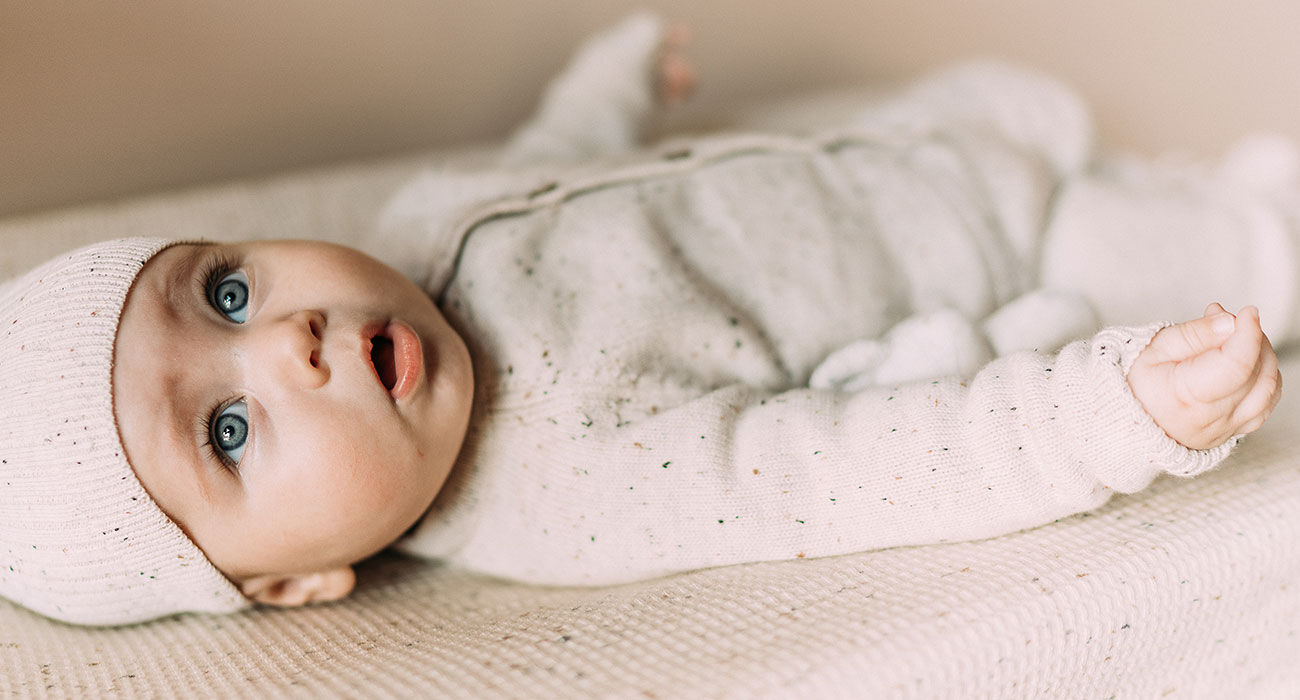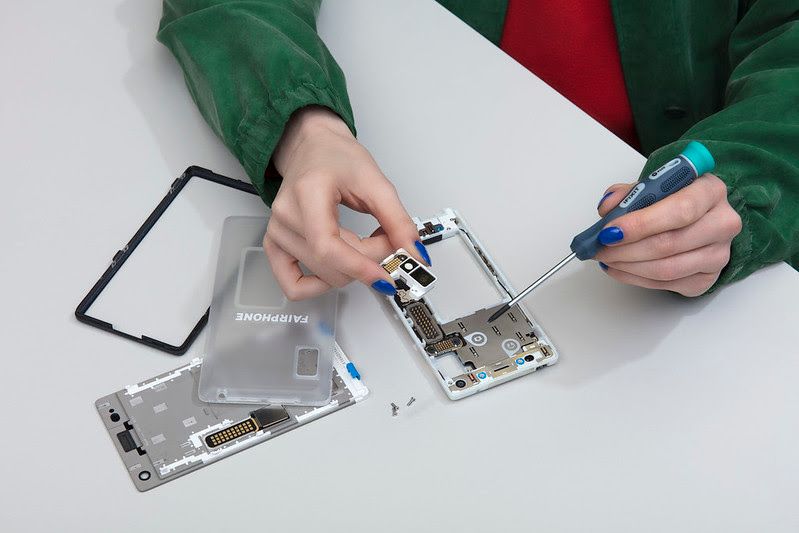Apple is destroying its privacy image itself
Privacy is a revenue model for Apple. However, the company is doing everything it can to quickly destroy its privacy-conscious image, iPhoned editor Michel argues.
Read on after the ad.
Contents
How Apple is destroying its privacy image
“Privacy. That’s iPhone.” Apple’s latest ad is so unluckily timed that it’s somehow comical. The foundation under this advertisement has completely collapsed in recent weeks. Not because of a huge data breach, but because Apple is releasing a controversial feature.
Later this year, the company will extensively search users’ iCloud storage, where you can store photos and videos, for example. The target of the ‘tracking dogs’? child porn. The feature will roll out to Americans first, and other countries may follow later. Of course, any sane person is against the spread of such horrific material, but Apple’s approach is far from deserving of beauty.
Above all, it is a remarkable turnaround in the usual course of events. The company regularly pats itself on the back when it comes to privacy. Every press conference pays attention to privacy and people regularly say that the iPhone is their product, not your data.
The most eloquent example of the “Apple privacy image” dates back to 2016. When the company came into conflict with the US FBI for refusing to unlock a terrorist’s phone. After all, this went against Apple’s terms: Privacy. That’s iPhone. In the end, the FBI went to court, but the company stood their ground and was successful.
Also read: Step-by-step plan: How to protect your privacy on an iPhone extra well
Apple on the defensive
Today things are very different. The carefully constructed privacy image has been severely damaged by careless actions, according to Apple itself. Chief executive Craig Federighi said the company should have communicated better about the precise workings of the new feature.
He had to, because the criticism was not tender. Apple employees gathered at an unprecedented pace to speak out against the planned feature.

The outside guard was also not impressed, and that’s an understatement. A coalition of scientists, privacy experts, consumers and civil rights groups are asking Apple in an open letter to reverse its plans.
They fear that the position facilitates espionage behaviour. Because the scanning of iCloud files happens automatically and in the background (so the user does not notice anything), a back door is built into the operating system, as it were.
This can be used not only for good things, such as fighting child abuse, but also for bad things. Former intelligence officer and known whistleblower Edward Snowden, for example, believes that Apple is rolling out “a global mass surveillance.”
Plenty of risks
The potential implications of the automatic iCloud photo scanner are tough. For example, what will Apple do if authoritarian regimes start using the technology to track down journalists, activists, and other “unwilling” voices?
Herein lies the immediate problem of the new measure. Nobody, outside the top of Apple, knows exactly how the technology works. We must therefore take the company at their word that everything is run smoothly.

For example, Apple states that it will never cooperate with requests from authoritarian regimes to transfer data, or to use the technology for the wrong purposes. The manufacturer also insists that possible images of child pornography are always first viewed by human employees before the authorities are called in.
The sad thing about all these statements is that no one can control it. How can journalists and other watchdogs investigate the legitimacy of this mass surveillance? Are we sure Apple won’t succumb to the pressure of authoritarian government? The answer to both questions is simple: no.
Also interesting: These iPhone apps are the most harmful to your privacy
Apple throws in its own glasses
The crux of this privacy measure, and pretty much anything to do with privacy, is that you don’t realize its importance until things go wrong. Only as soon as the first data breach comes out and sensitive information ends up in the wrong hands, we know how (un)safe it works.
Above all, Apple has made a dent in its own privacy policy with this. The bottom line is that the company will scan all iCloud files, including possibly intimate snapshots and videos. We assume the company’s motives are good faith, but viewing other people’s photos on a large scale is anything but privacy.
If Apple really cared about privacy, the backdoor would never have come. Then the company would do everything it can to protect users’ data, instead of collecting it. After all, you can almost set the clock right that something will go wrong.


